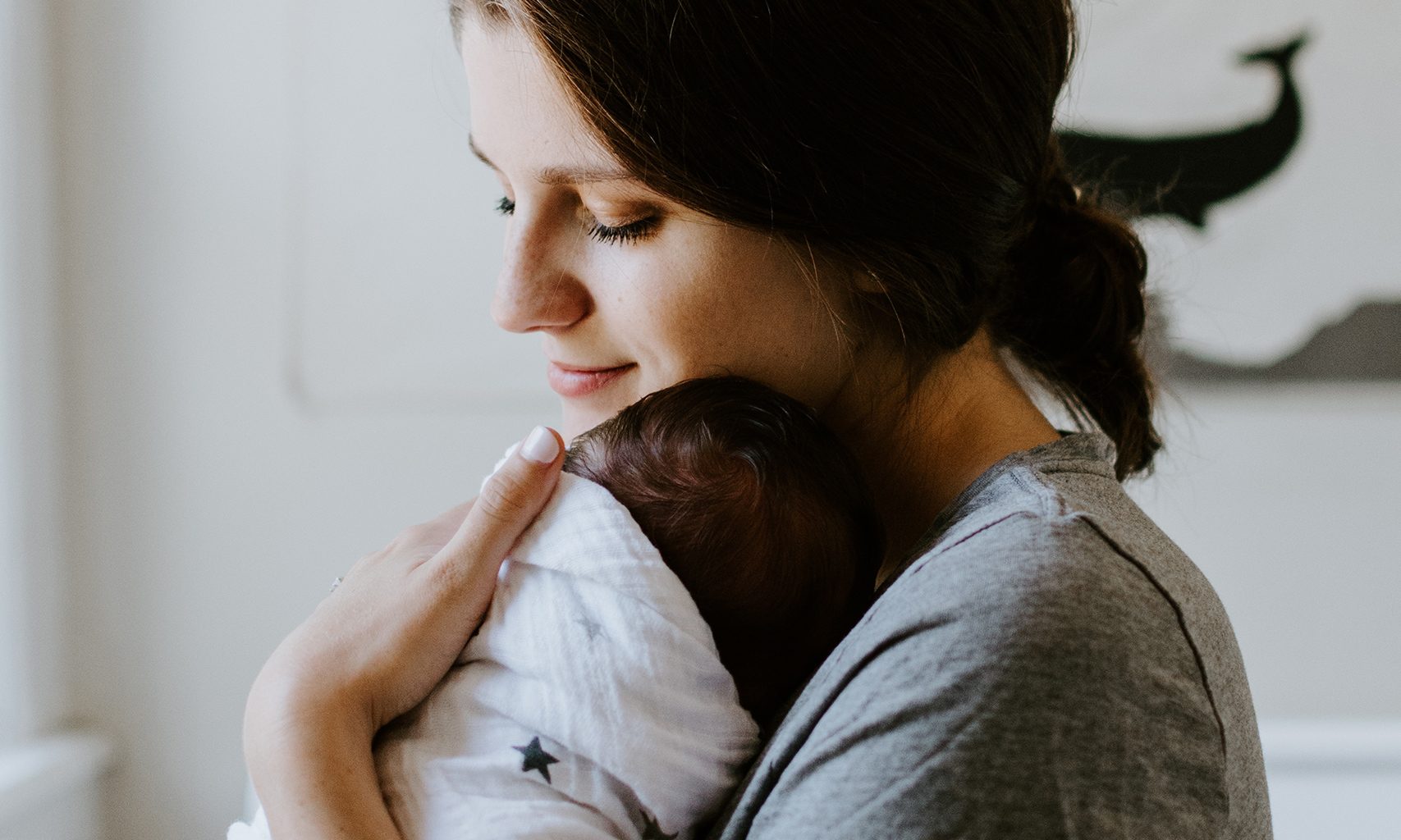Tips from a sleep coach
Bloodshot eyes and fuzzy thinking are typical hallmarks of early parenthood.

And it’s no surprise — 43 percent of new parents get only one to three hours of uninterrupted sleep per night according to a study commissioned by Owlet Baby Care. Because newborns wake up every two to three hours, getting baby to sleep promptly can have a huge impact on everyone’s overall wellbeing.
To help parents find a few extra zzz’s in their nighttime routine and shed light on the basics on newborn sleep, we sat down with Michelle S. Donaghy, MSD Baby Sleep Coach. Based in Brea, she is a certified Gentle Sleep Coach who has helped several hundred families implement better sleep practices.
Allowing baby the opportunity to work it out and put themselves back to sleep is always best.
MICHELLE S. DONAGHY
OCF: What are the sleep cycles like for newborns?
Michelle S. Donaghy: Newborns sleep a lot but their sleep is not well developed or organized. So you may not even realize it, but they are getting about 15 to 18 hours in a 24-hour period as sleep usually comes in small increments.
In the early stages, newborns spend about half of their sleep in the active kind of sleep called REM. In REM sleep, they are more easily aroused and are sleeping lightly. Babies also cycle between REM and non-REM more than adults do and every time they switch they have a partial awakening.
OCF: What are some easy ways to help baby fall back to sleep?
Donaghy: Allowing baby the opportunity to work it out and put themselves back to sleep is always best. If baby never learns how to get back to sleep after partial arousal independently, they most likely won’t learn to sleep through the night.
If baby is fully awake and crying, go to them and soothe with techniques such as patting, shushing, stroking, or diaper change and re-swaddling.
Then put baby back in their bed. Sometimes less is more, and all baby needed was to be re-swaddled before being put back into their bed to fall asleep.
It’s OK to stay cribside until baby dozes off, but the middle of the night is not the time for playtime or awake time.
OCF: What kind of routine should parents implement before putting a newborn down to sleep?
Donaghy: Newborns don’t need a lot of preparation for sleep. But a consistent bedtime and a few simple steps leading up to bedtime will help set the stage to regulate and improve sleep.
The simple steps could be going to the bedroom, changing into pajamas and a clean diaper, swaddle, darkened the room, turn on white noise, a pre-bedtime feed and rock or hold them in your arms to the point of drowsiness but not fully asleep then put baby down into the crib and let baby finish falling asleep in the sleeping space.
OCF: Do you have any advice for parents who are lacking in sleep?
Donaghy: My best suggestion would be to have a bedtime routine of their own. Set a timer when you will turn off all electronics that is at least 60 minutes before you would like to fall asleep.
The ideal bedtime for most adults is to be asleep between 10 and 11 p.m. Having a little routine with something relaxing like reading, yoga or listening to meditation is very helpful in getting the body ready for sleep at night.
Other tips would be for parents to take turns attending to a child who is not sleeping through the night.
Sleep Resources for Parents
If you’re struggling with sleep, whether for your newborn or yourself, technology can be a helpful ally. Kokoon.io offers a range of sleep products designed to enhance your sleep experience. From soundscapes to sleep tracking, Kokoon’s solutions are tailored to help you get the rest you need.
Kokoon Sleep Headphones: These noise-canceling headphones are perfect for blocking out distractions, ideal for both parents and babies. They offer soothing sounds and relaxing audio to ease you into a restful sleep.
Shop Kokoon Sleep Headphones now
Kokoon Sleep App: Use the Kokoon app to access customized soundscapes and sleep tracking features, helping you to build a healthier sleep routine.
Download the Kokoon Sleep App today
Whether you’re working on your own sleep routine or need some extra support in calming your baby, Kokoon’s products are a great tool to help improve the quality of your rest.
*Disclosure: Some of the links included in this post are affiliate links, meaning, at no additional cost to you, I will earn a commission if you click through and make a purchase.

